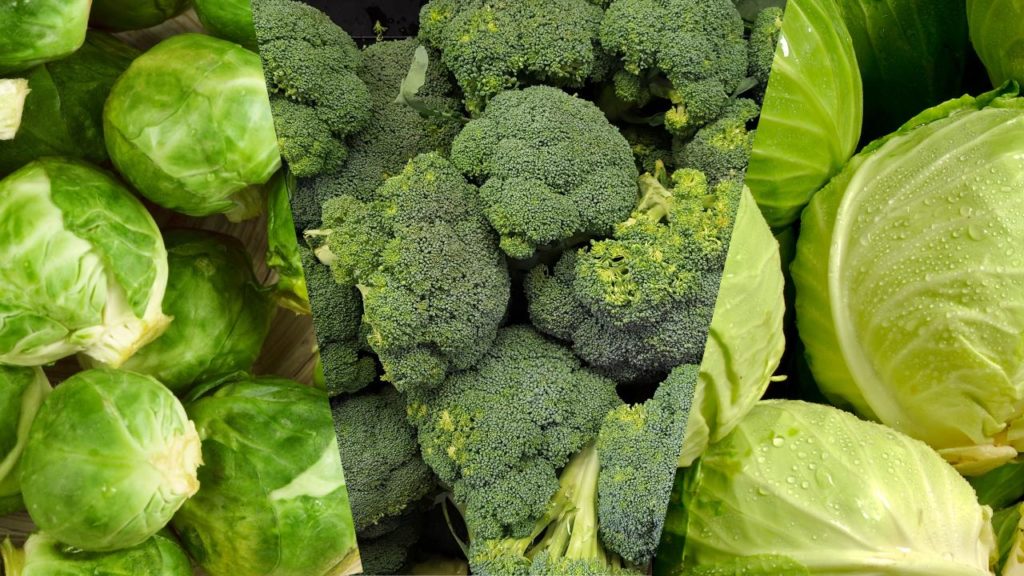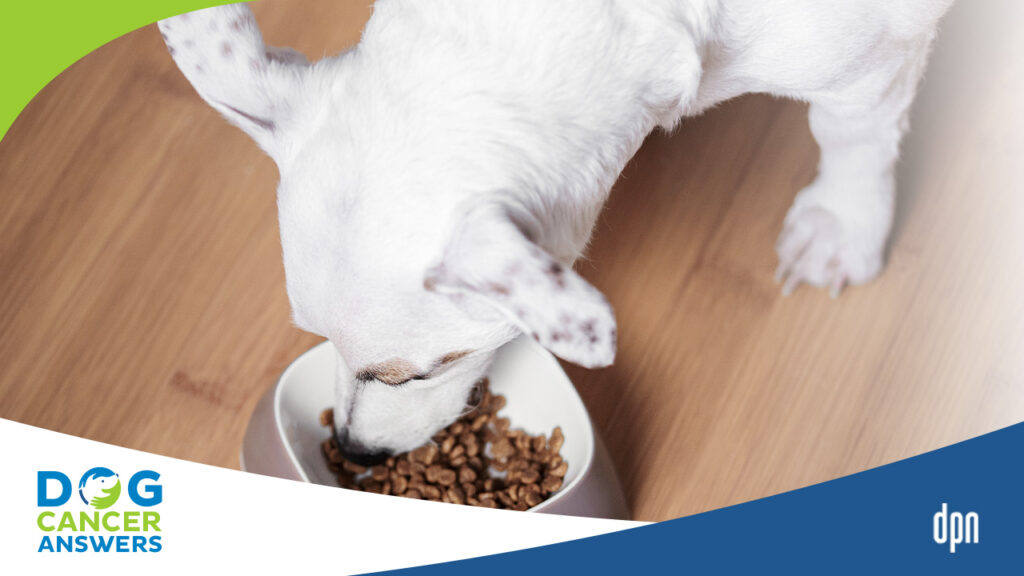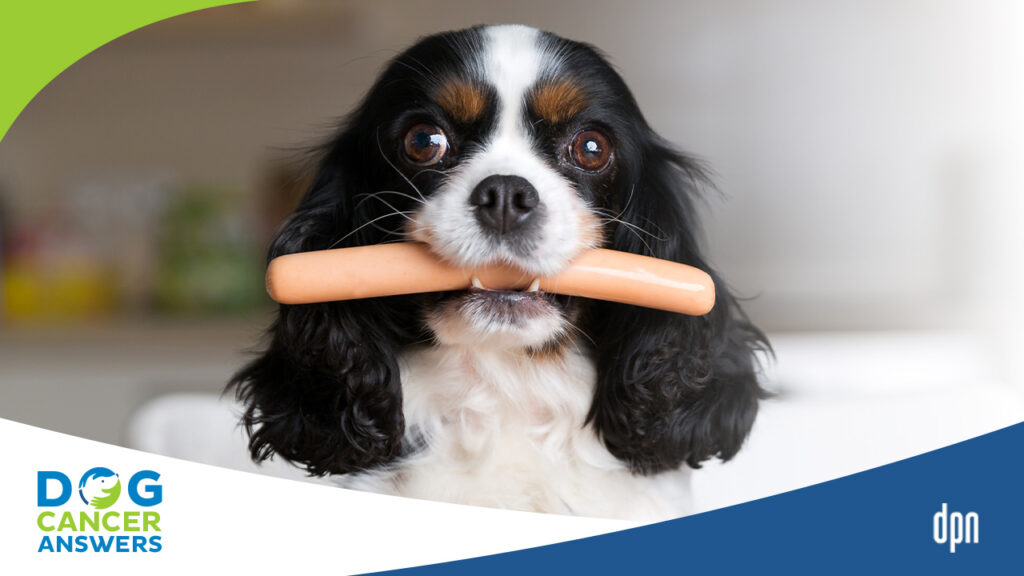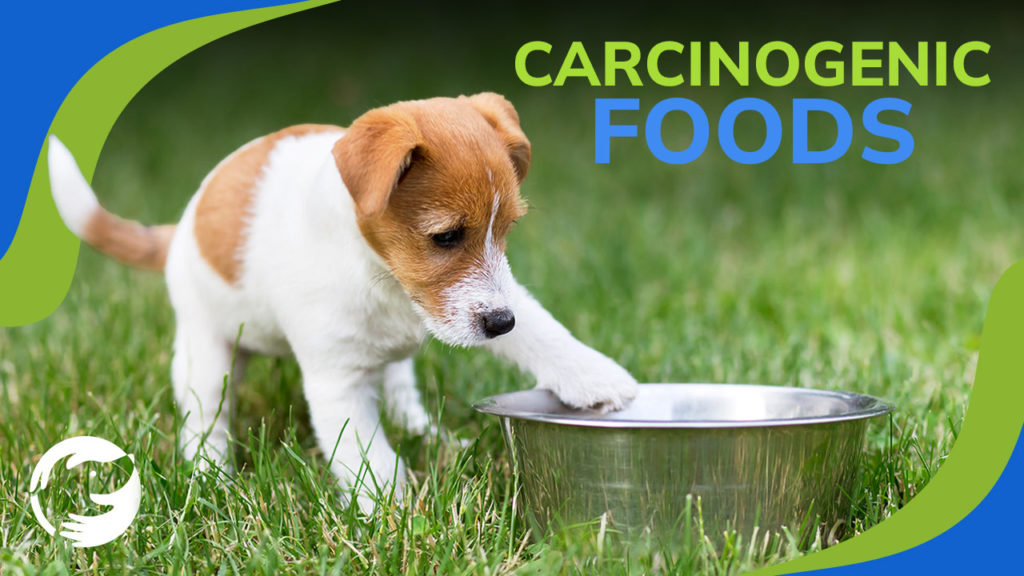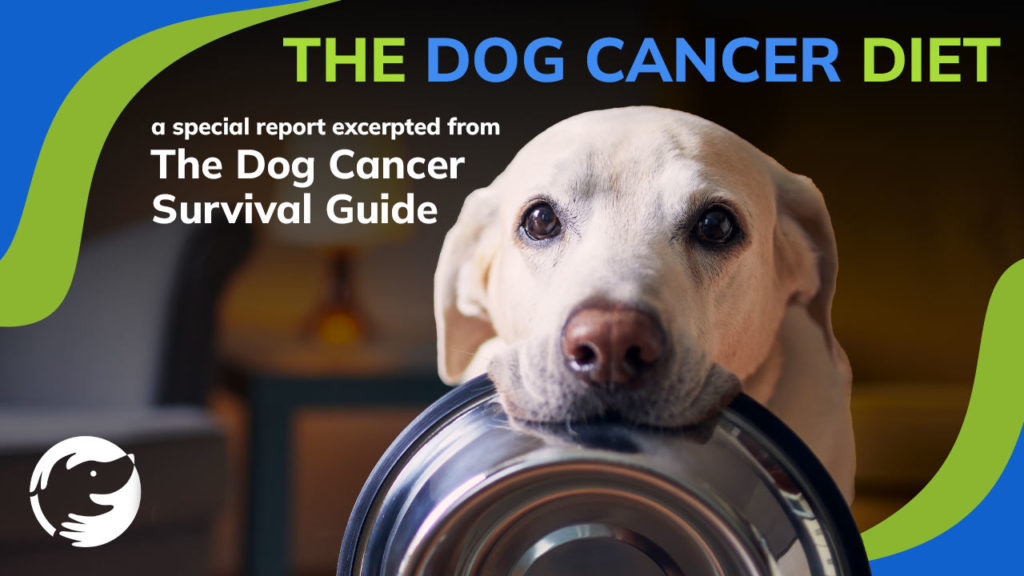
Dog Cancer Diet: What to Feed a Dog with Cancer
Is diet important when it comes to dog cancer? Dr. Dressler thinks so. Dr. Ettinger does, too, and has tips for folks who can't cook at home.
James Jacobson: What happens when your dog has cancer? Do you have to change your dog’s diet? Dr. Dressler, I know you write a lot about the dog cancer diet in your book, but what is the role of diet once the dog already has cancer?
Dr. Demian Dressler: Well, a dog cancer diet is a critical piece of the clinical management of cancer. A lot of the thoughts that I put into the PDF “Dog Cancer Diet” that you can download from dog cancer blog it’s an entirely free publication there to help you. A lot of that information is actually taken from human literature. We use a lot of a human literature in the Dog Cancer Survival Guide and the reason is because a lot of the science and the basic in cutting edge research that’s going on in cancer is on the human side. As a matter of fact dogs are models for human cancer and I think that in many times its very, very logical for us to use information from the human side and then put it in our treatment plan for our dog. As a matter of fact, if you look at diet in humans, it’s estimated that one in three cases of human cancer, can be directly cause by dietary choices. We also are seeing a lot of information about the composition of the diet affecting the outcome of the cancer. We can use this information in veterinary medicine so that we can maximize not only the longevity, not only how long our dogs live, but also life quality. In the dog cancer diet recipe we talk about things like carbohydrate restriction we know that simple carbohydrates are the preferred cancer food sources, actually cancer cells like sugar, it’s called the Warburg effect. We talk about the impact of certain omega fatty acids. We talk about the impact of certain natural compounds that are found in the dog cancer diet recipes. By taking all of these things, and putting them together into a dog cancer diet, we can really, really help our dogs with cancer. We can also provide a diet that tastes really good, and so the dog’s life quality can go up. In addition to that, because we’re actively involved in feeding and nurturing our special family members, we can feel really good about what we’re doing to help our dogs because dog cancer unfortunately is a situation where some dog guardians will feel powerless. This is a really good way to feel really good about what we’re doing for our dogs.
James Jacobson: So, this is a special diet, is this something that you should be able to feed to any kind of dog or just dogs with cancer?
Dr. Demian Dressler: No, this a specially modified diet that specifically designed to address the metabolic derangements that happen when a dog has cancer particular a systemic cancer meaning, a cancer where its spread throughout the body or there’s still cancer cells left in the body. So this is not a normal sort of everyday diet for your average healthy dog.
James Jacobson: So you can pick up the recipes and basically the whole process of how to do that for free in the dog cancer diet book which is available at dogcancerblog.com. Dr. Ettinger, do you have any comments about the role of diet while dog is being treated for cancer?
Dr. Susan Ettinger: No, I think the role of diet is very important and I think that the homemade diet that Dr. Dressler’s come up with his great option, but I also like to point out for some of those busy people out there that if you can’t do a homemade diet, he has included some other commercial diets, where other ways, that you can go about in and improving your dog’s diet and it doesn’t always have to be completely homemade diet because that can be a little overwhelming for some people as well, but it’s an option for you and I think it’s a good resource for everyone.
James Jacobson: Great! Well, Dr. Dressler, Dr. Ettinger thank you so much for joining us today.
Dr. Susan Ettinger: Thanks.
Topics
Did You Find This Helpful? Share It with Your Pack!
Use the buttons to share what you learned on social media, download a PDF, print this out, or email it to your veterinarian.
Editor's Picks
CATEGORY
